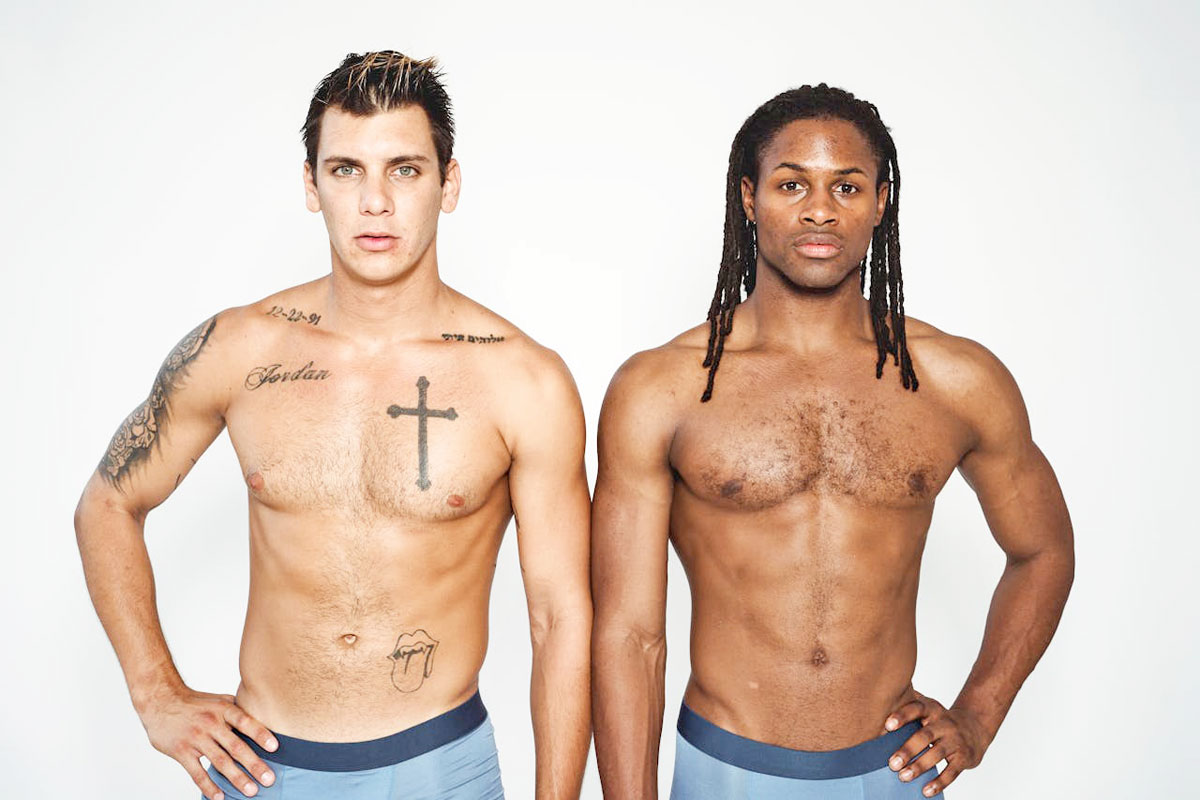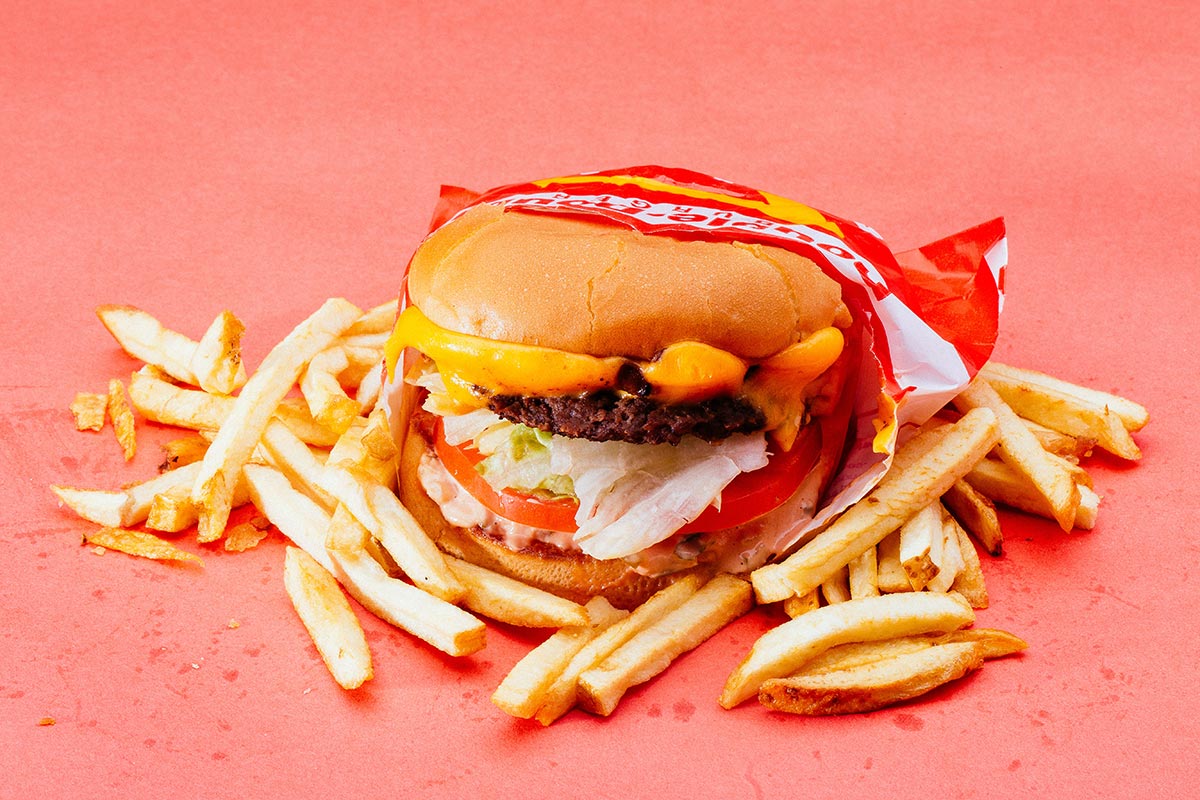They lift. They flex. They track macros with the precision of a Swiss watchmaker. Young men in the US, Canada, and the UK are leaner, stronger, and more supplement-savvy than any generation before. And yet—they're falling apart. Psychologically, that is. Because behind the abs, the gym mirrors, and the shaker bottles hides a generation that’s chronically anxious, emotionally isolated, and more lost than ever. Welcome to the global crisis of the Protein Generation.
North America’s Broken Blueprint: Strong on Paper, Shaky in Practice
Let’s start with the US. The land of Hustle Culture, emotional repression, and testosterone-flavored energy drinks. Mental health? That’s for quitters. Or at least it used to be. Depression, suicide rates, and anxiety have skyrocketed among young men, particularly in rural areas. You can deadlift 200 kilos—but can’t ask for help? Classic. Therapy is expensive, stigma remains high, and social media turns every emotion into a meme or a motivational quote. The result? Ripped guys who cry in the parking lot. Silently, of course.
Canada’s doing slightly better. On paper. Universal healthcare and public mental health campaigns should make it a utopia for wellness, right? Think again. While awareness is rising, usage is not. Young men still feel weak admitting emotional struggles. And with access to cheap US supplements and YouTube bros preaching “discipline equals freedom,” even Canada’s snow can’t cool down the pressure to perform.
Britain: Where Bigorexia Meets Brewed Anxiety
Cross the Atlantic and you’ll find Britain’s gym scene buzzing—especially in urban hotspots. But here too, appearances deceive. Muscle dysmorphia is on the rise, with young men obsessed not with strength, but size. Not performance, but proportions. A growing number of Brits inject anabolic steroids not to compete, but to look good on Instagram. Meanwhile, NHS data shows loneliness, depression, and anxiety are surging—particularly among 16–24 year-old males. God save the gains? Not quite.
What They Promise vs. What You Get
| Global Gym Promises | Reality Check |
|---|---|
| Healthy masculinity through fitness | Toxic self-worth tied to body image |
| Life-changing habits and mental health | Burnout disguised as motivation |
| Brotherhood & real-life support | Loneliness in a room full of flexing |
| Smart recovery & psychological resilience | Pseudoscience meets insecurity |
The Same Absurd Story in Three Countries
What unites these three countries? A collective delusion that fitness equals health. That six-pack equals self-worth. That gains fix grief. Meanwhile, young men are more medicated, more anxious, and more disconnected than ever. They lift to cope. They flex to belong. They diet to distract. But the core crisis isn’t caloric—it’s existential.
Flexing on the Outside, Fractured on the Inside
The real weight they’re carrying isn’t on the barbell. It’s the crushing mass of social expectations, fragile identities, algorithmic role models, and a culture that tells them to be hard—but never feel. To be lean—but never needy. To be driven—but never doubt. It’s masculinity rebranded as muscle mass, and emotional starvation served with BCAAs.
Let’s Get Real: Fitness ≠ Fulfillment
What the global gym culture needs isn’t another pre-workout. It’s perspective. Therapy shouldn’t be more taboo than Trenbolone. A rest day shouldn’t feel like failure. And looking strong shouldn’t mean pretending you’re fine. Until we shift the conversation—from delts to depth, from abs to authenticity—young men will keep building bodies while their minds collapse.













